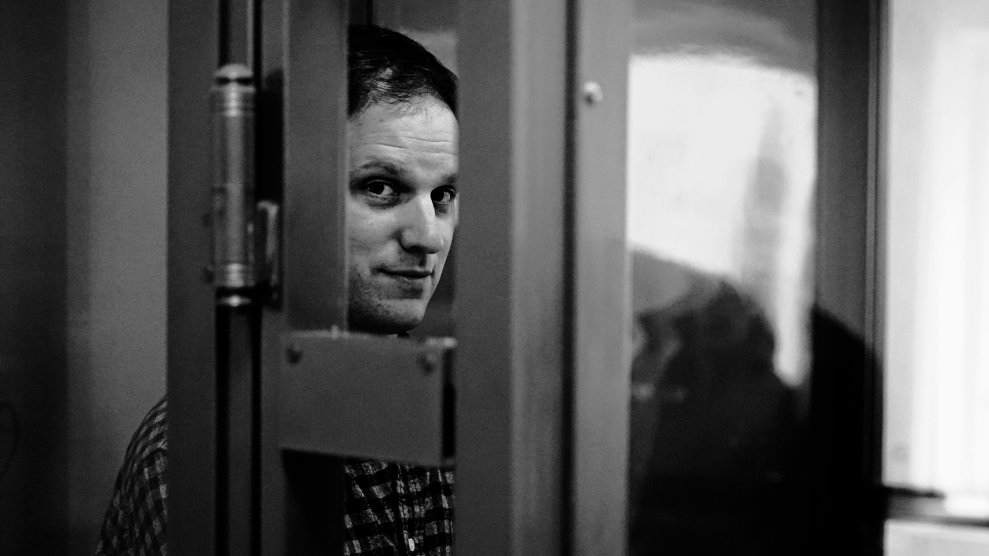
The mesmerizing sophomore outing of this oddly named Missouri quartet recalls a lost era of rock and roll innocence, when simple riffs and burning emotions were enough to tell a gripping tale. Still, there’s not a drop of stuffy power-pop nostalgia in Yeltsin’s shimmering guitars and airy, bittersweet voices, which create smoldering drama through understated gestures. “By the way, I feel sorry for you,” murmurs lead singer John Robert Cardwell in “Boring Fountain,” allowing the song’s jangly momentum to second his regret. Elsewhere, “Think I Wanna Die” gently wraps longing in an irresistible bubblegum melody, avoiding the self-indulgent cheesiness of emo bands.











